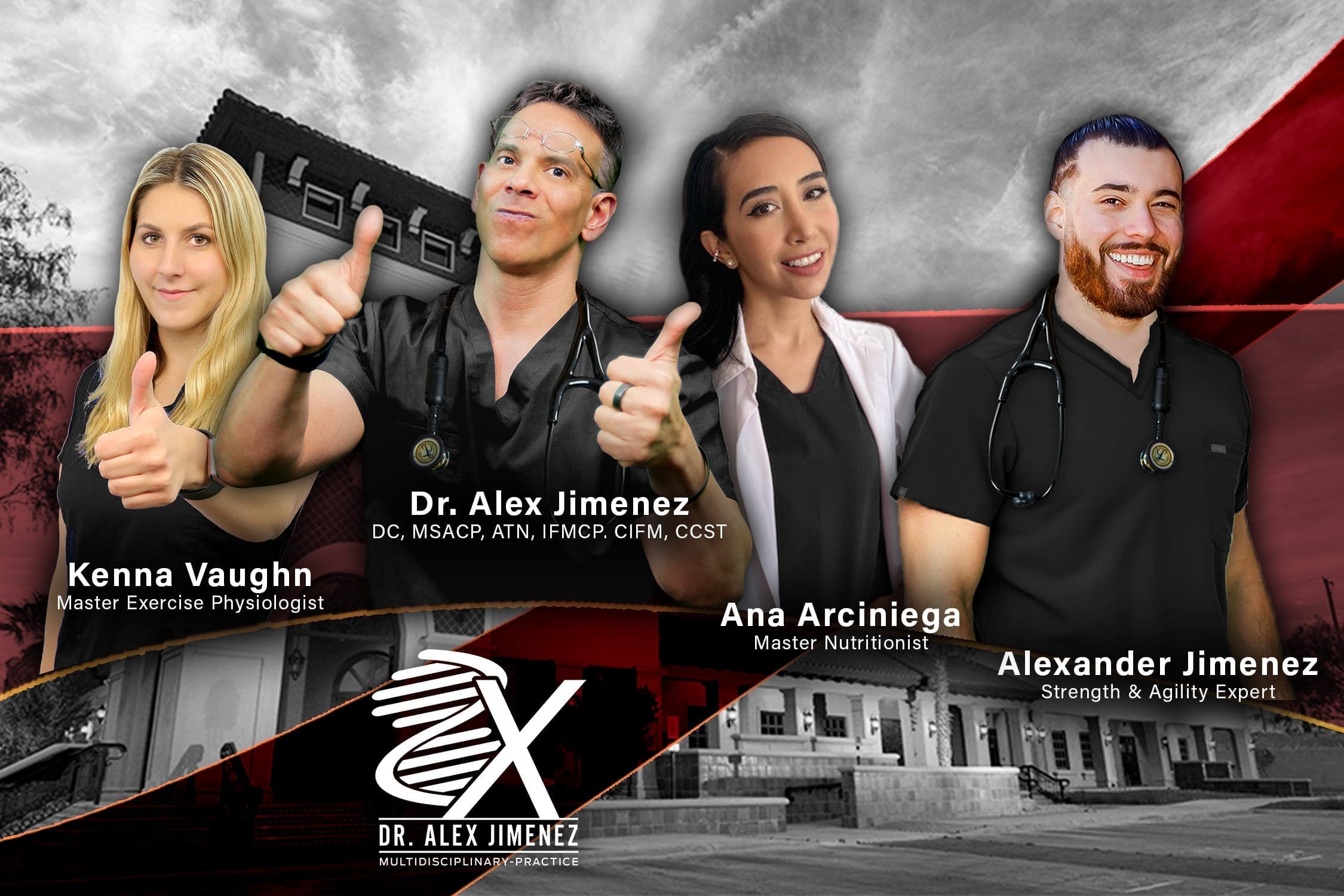Trending
- Hidden Effects of Poor Posture on Your Health
- Chiropractic Wedges: Gravity-Assisted Alignment Tools Explained
- Self-Massage for Sciatica: Easing Pain at Home
- Pre-Existing Conditions and Car Accidents: Legal Insights
- Optimal Joint Movement After an Injury Recovery Process
- Cortisol Detox and Recovery Through Chiropractic Care
- Understanding Anterior Hip Pain: Symptoms and Solutions
- Backpack Safety and Spinal Health in El Paso Insights
- Managing Sciatica Without Lower Back Pain Treatments
- Back Extension Machine Guide to Relieve Back Pain
Hyper Thyroid
Hyper Thyroid:Â Hyperthyroidism aka (overactive thyroid) is a condition in which an individual’s thyroid gland produces too much thyroxine a hormone. Hyperthyroidism can accelerate the body’s metabolism significantly, which can cause sudden weight loss, rapid or irregular heartbeat, sweating, nervousness and or irritability.
A hyper thyroid can mimic other health ailments, which can make it difficult to diagnose. It can have a variety of symptoms that include:
Sudden weight loss, even when appetite along with the amount and type of food remain the same or increase.
Increased appetite.
Rapid heartbeat (tachycardia) more than 100 beats a minute.
Irregular heartbeat (arrhythmia).
Pounding of your heart (palpitations).
Nervousness, anxiety and irritability.
Tremors or trembling in the hands and fingers.
Sweating.
Menstrual pattern changes.
Increased sensitivity to heat.
Bowel pattern changes, more frequent movements.
Enlarged thyroid gland (goiter).
Fatigue, muscle weakness.
Difficulty sleeping.
Thinning skin.
Brittle hair.
For older people symptoms may not show or be subtle. Also medications called beta blockers, used to treat high blood pressure and other conditions, can mask the signs of hyperthyroidism.
There are various treatment options are available. Doctors use anti-thyroid medications and radioactive iodine to slow the production of thyroid hormones. Sometimes, treatment involves surgery to remove all or part of the thyroid gland. While hyperthyroidism can be serious if it is ignored, most individuals respond well once hyperthyroidism is diagnosed and treated. For Answers to any questions you may have please call Dr. Jimenez at 915-850-0900.

